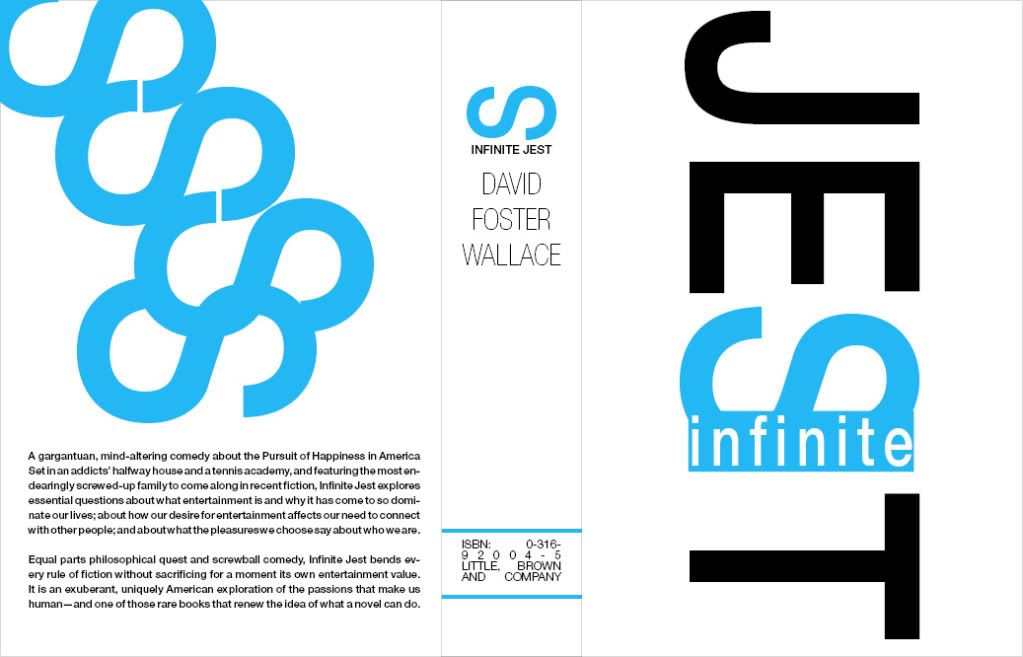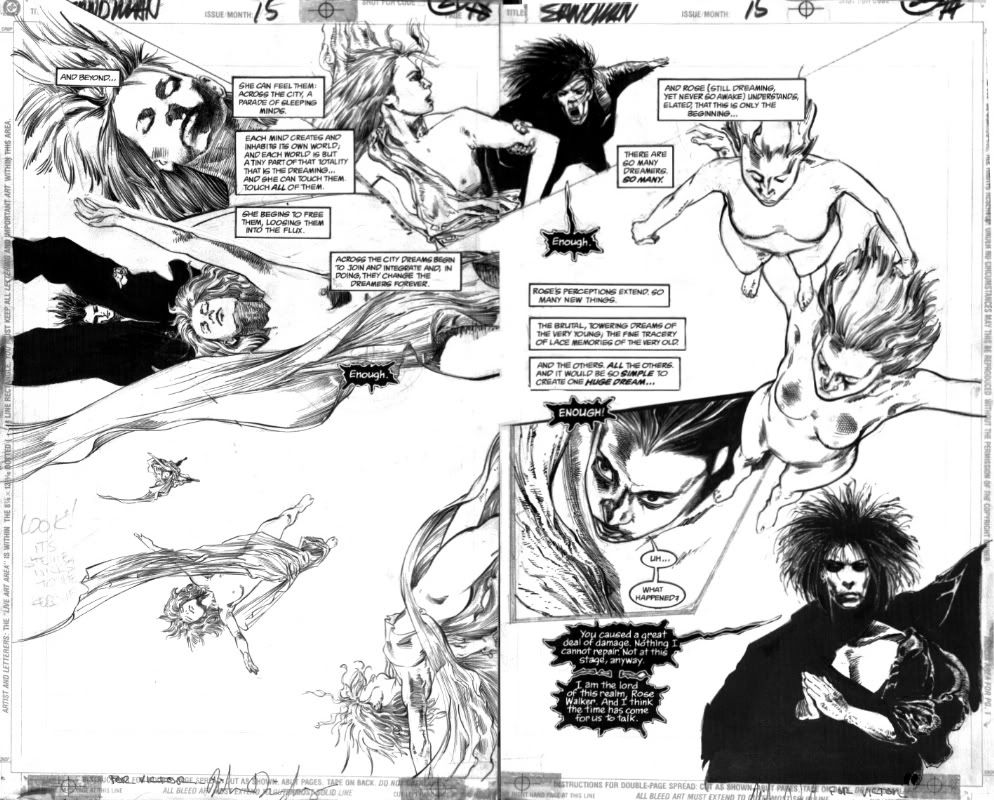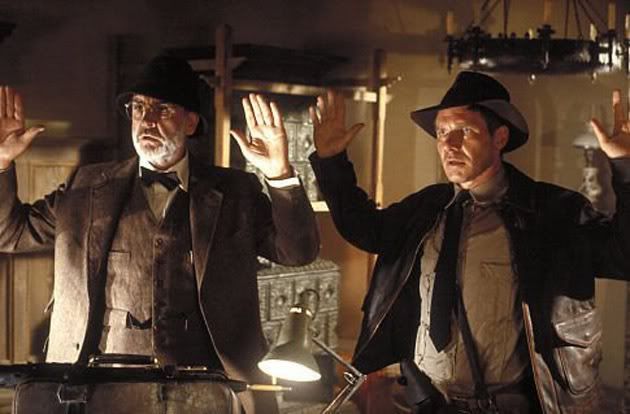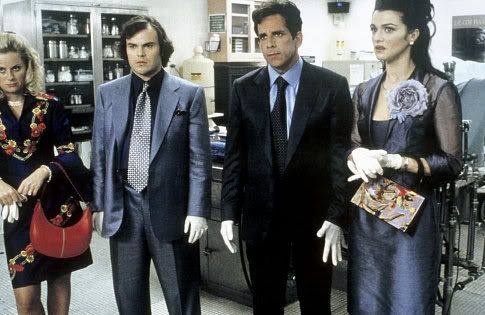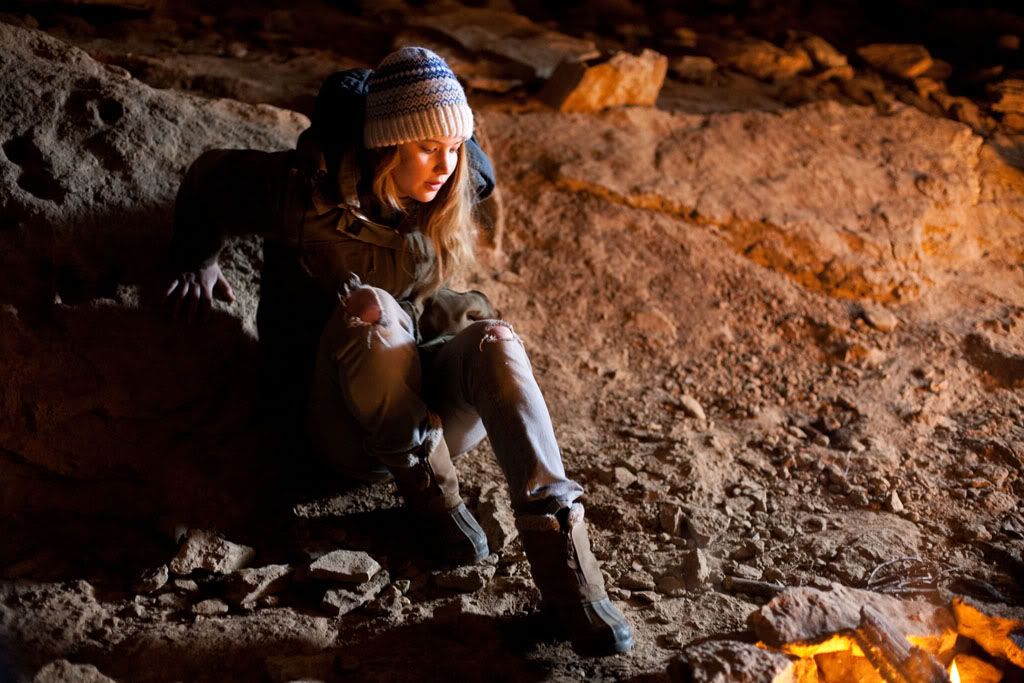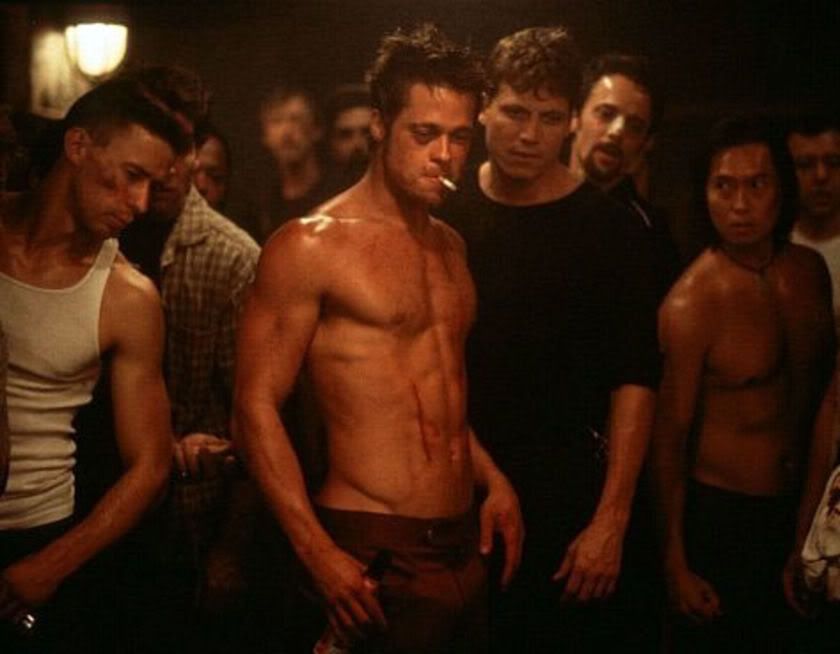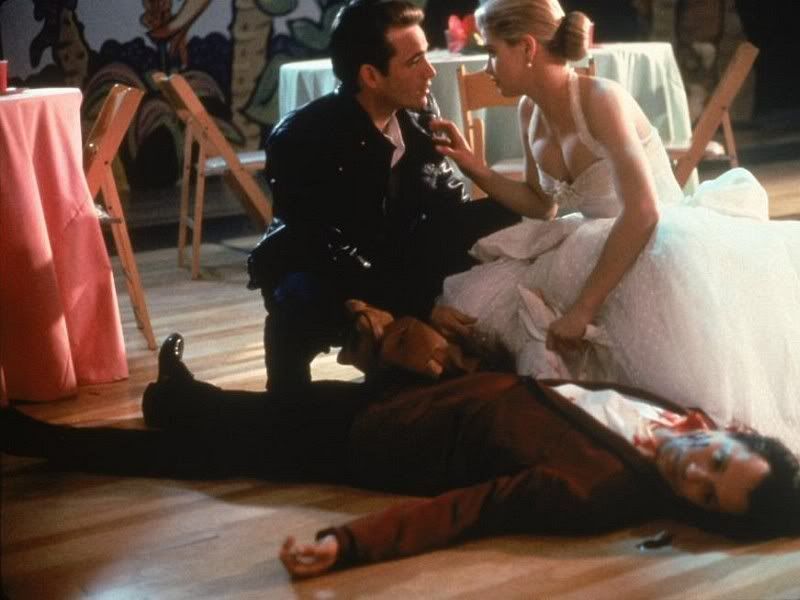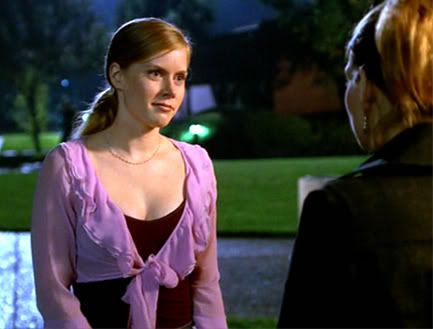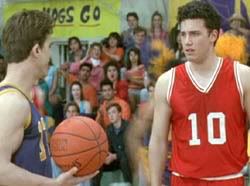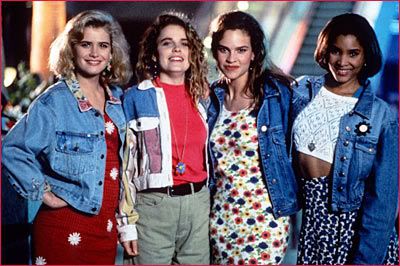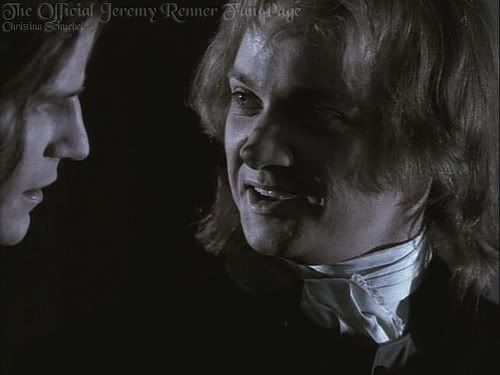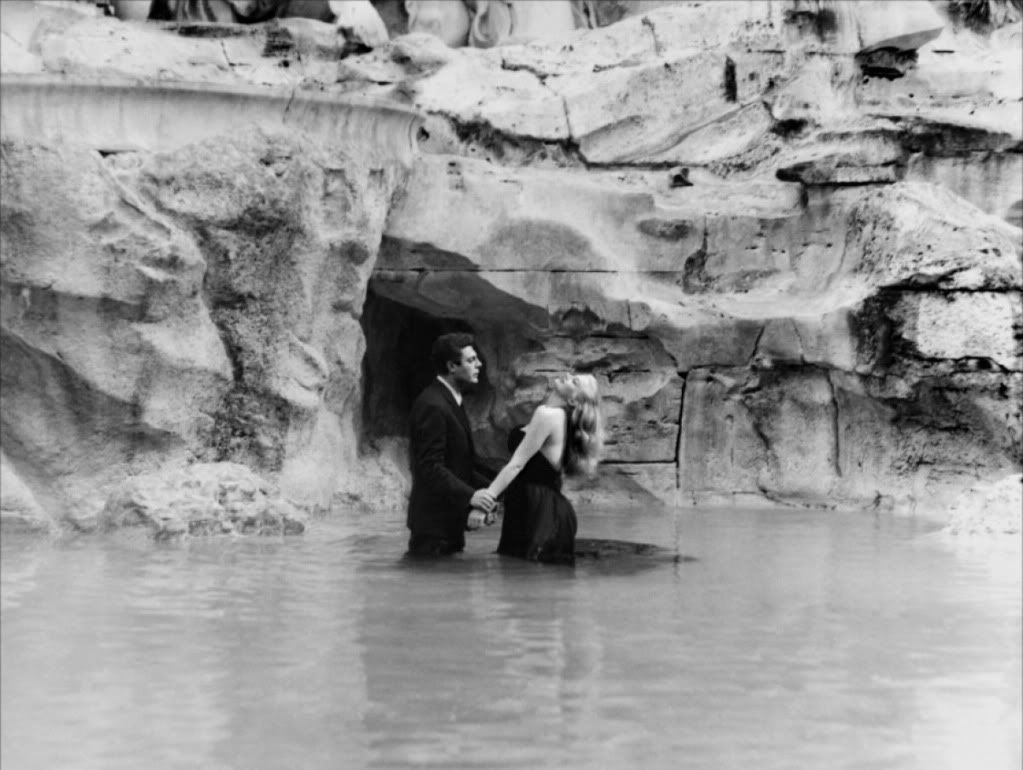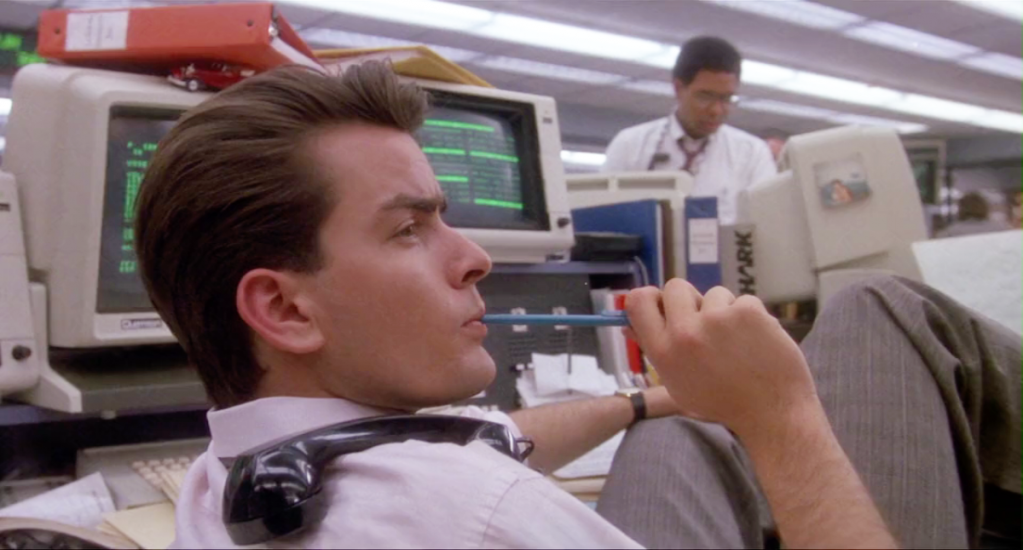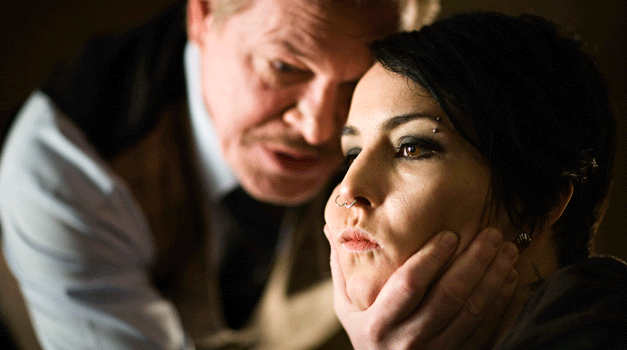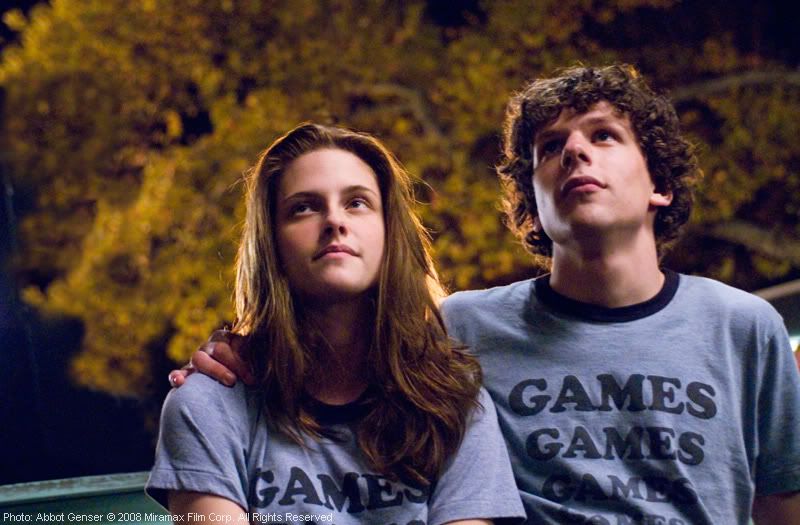Ah, Stieg Larsson, thank you for contributing to an 8 hour episode of Law and Order: SVU, where shocking revelations trump character but you can't wait for the villains to get their comeuppance.
I'm writing about the second two movies as one because they tell two sides of the same story: who is out to frame Lisbeth Salander, and why. And just like Law and Order, the first half (in this case
The Girl Who Played With Fire) shows the gripping detective work, the ethically questionable shortcuts, the discovery of the facts. The second half (
The Girl Who Kicked the Hornet's Nest) is framed by Lisbeth's trial, and the race against time to get Millenium published and to find the necessary evidence to prove Lisbeth's innocence.
THE REAL HEADSCRATCHERS
I really did enjoy the film, so while I had a LOT of issues, the whole fit together so well that some of the sillier elements didn't impact my overall enjoyment. But still.
First of all, my GOD was there a paper trail. There were an astonishing number of scenes with Blomkvist walking into a room and throwing a file on the table and proclaiming the finding of new evidence. Perhaps they were printouts of online finds, but entire scenes were devoted to masked motorcyclists stealing papers. If there were electronic originals, that's a bit silly and pointless right?
Secondly, when Blomkvist is hiding in Lisbeth's apartment, the evil masterminds apparently don't know where he's staying. And yet there are scenes where it's shown that they have him followed constantly. Quoi?
Third, Niedermann of the analgesia? I have one word for you: Jaws. He was such a typical James Bond proto-villain, with no real motivation or character of his own, built like a brick wall, murdering people completely at random (and often in really silly ways).
Which brings me to the fight scenes. Some of Niedermann's fight scenes were worse than the greatest excesses of Bollywood. The only thing that was missing was DISHOOM.
HEADSCRATCHERS BUT I DON'T MIND
Love that Lisbeth's idea of 'properly dressing up for court' is to wear a mohawk and chains. Though really I imagine that puts you into contempt in pretty much any court.
OVERALL
Ultimately though, despite any number of flaws, I am prepossessed to love any movie that shows the villainy of 'Men Who Hate Women' and then destroys them.
But I have to admit, while the movies were suspenseful and dramatic, there was a thought in the back of my head that, with the exception of Lisbeth herself, most of the characters were quite impotent in their game of cat-and-mouse. Most of the head honchos of the secret Section were physically disabled (which didn't make them any less scary), which basically meant you had a number of scenes of talking heads in their various lairs. Blomkvist couldn't do anything without the help of the government in the end, and their protection. He was demonstrated as unable to protect himself or his colleagues.
But this is why Lisbeth comes off as such a powerful character, and why we are constantly impressed by her, and are 100% rooting for her even when she does things we would never condone.



